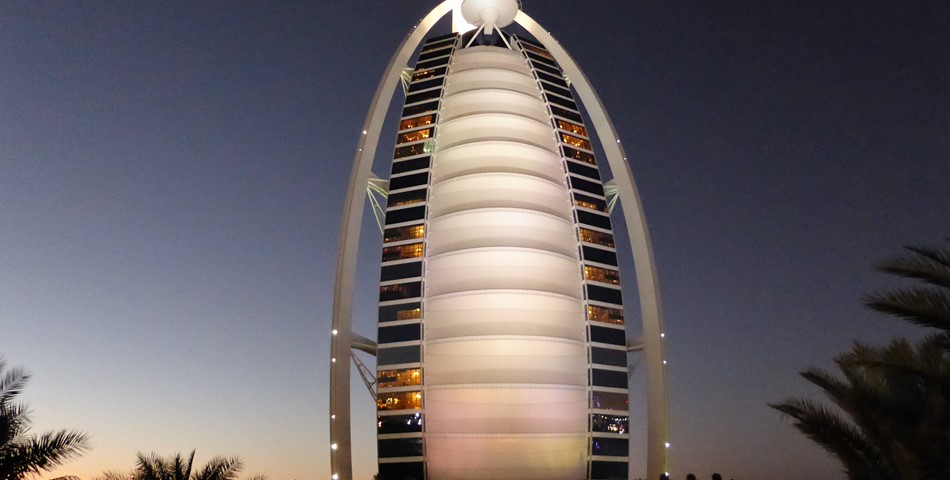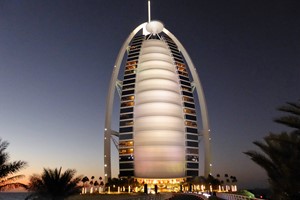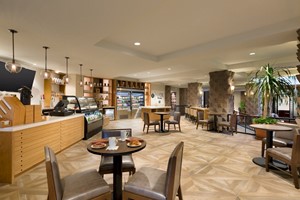Latest data shows the trend continued into 2016, as supply growth outpaces demand, affecting both occupancy and ADR. In 2016, 31 hotels were completed, increasing room inventory by 14 percent (9,300 rooms) to total 76,500, estimates Deloitte. In February 2016, Dubai saw a 3.5 percent decrease in occupancy to 82.5 percent as well as double-digit drops in ADR (-11.6 percent to USD227.00) and RevPAR (-14.7 percent to USD187.21). The emirate wasn't alone, and overall, as a subcontinent, Middle East hotels posted occupancy levels at 70.2 percent in February, representing a decline of 5.3 percent compared to the same period in 2015. Average daily rate for the month was down 10.5 percent to USD182.45, while revenue per available room dropped by 15.2 percent to USD128.12. If pipeline growth happens as predicted, it's unlikely that performance declines will reverse quickly. The February 2016 Pipeline Report by STR shows 151,454 rooms in 538 hotels under contract (in the construction, final planning or planning stages) in the Middle East. Narrowing the data down to rooms 'in construction' only, and in the Middle East there are 80,344 rooms in 252 hotels under construction as of February 2016 - a 42.5 percent year-over-year increase. Among the countries in the Middle East and Africa, Saudi Arabia reported the most rooms 'in construction' with 34,753 rooms in 77 hotels, and the UAE followed with 26,957 rooms in 92 hotels. Hotel performance will also be impacted by macroeconomics, namely oil prices, commodity price movements and currency fluctuations. The Economist Intelligence Unit (EIU) forecasts real GDP growth in the UAE to average 3.6 percent per annum between 2015 to 2019, a declining forecast largely due to a significant fall in global oil prices, along with wider global economic factors, such as a slowing Chinese economy and sluggish growth in the Eurozone economies. While Dubai's economy is less affected by oil revenue than other UAE and GCC states, the downturn in oil prices nonetheless is forecast to prompt fiscal reform, according to the EIU. According to Deloitte's analysis, the cumulative effective of the removal of fuel subsidies, inflation forecast at 3.4 percent in 2016 and generally stagnant salaries, is likely to lead to lower disposable incomes for some households. The typical result of this is reduced spend on consumables, leisure, restaurants and hotels. As a result, Deloitte predicts that in the short-term (2016 - 2017), the delta between hotel demand and supply will widen, with occupancy levels of around 70-75 percent representing a "new normal" in Dubai. Analysts urge us not to view this negatively, as Dubai remains one of the world's best performing hospitality markets, but for those working in the industry, with pressurized budgets calling for a hike in sales and reduction in costs, the impact is real.


Catering & Hospitality - Hotels & Touristic Facilities
Hospitality Procurement in the Middle East:
Abundant with Opportunities
January 2017

In the context of the global tourism, the Middle East hospitality market is relatively robust, performing strongly and still growing. Nowhere is this truer than in Dubai, where the market fundamentals are secure, with the growth in tourist numbers on track to meet the emirate's target of 20 million visitors by 2020. Indeed, as an industry, hospitality and tourism is a key component of the strategic development of most GCC states and in some, like Dubai, critical to the economy. Deloitte reports total development activity within the hospitality and leisure sector to be estimated at USD24.1bn.












